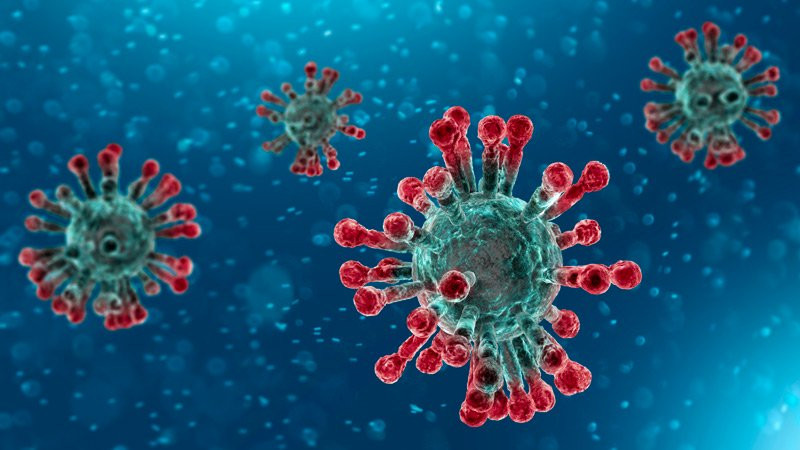The government will urge the Indian government to ease the ban on export of 13 kinds of essential medicines the latter imposed after coronavirus outbreak.
Finance Minister Yuba Raj Khatiwada, who is also filling in as communication minister after resignation of Gokul Baskota, said during the weekly press conference on Thursday that the high-level coordination committee has decided to urge India to lift the ban.
The meeting called by Prime Minister (PM) KP Sharma Oli at Baluwatar on Saturday to discuss preparations to stop coronavirus outbreak had formed a high level coordination committee under Deputy PM and Defense Minister Ishwore Pokharel. The committee also includes home, tourism, health and education ministers.
Khatiwada revealed that the government has stock of the medicines banned by India. Spokesperson at the Health Ministry Bikash Devkota said the ministry has discussed with the Department of Drug Administration and pharmaceutical companies to ensure that there is no scarcity of medicines.
India has banned export of 13 active pharmaceutical ingredients (APIs) and their formulations including paracetamol, tinidazole, metronidazole, acyclovir, vitamins B1, B6 and B12, progesterone, chloramphenicol, erythromycin and clindamycin salts, neomycin and ornidazole.
The coordination committee has also decided to make arrangements for quarantine and security at six border points with India. Khatiwada said team of health personnel will be mobilized in all 37 border points used for transportation.
Devkota revealed that government teams have been deployed to all seven provinces to stop coronavirus outbreak.
The government has also decided to employ effective monitoring measures to prevent scarcity of essential items.
The government has adopted a three-pronged strategy to combat coronavirus. Passengers entering Nepal will be screened as the first stratgey, hospitals inside the country will be kept well-prepared in case of outbreak as the second and supply of essential items will be eased.
The government has made preparations to keep the infected persons at the Sukraraj Tropical and Infectious Disease Hospital in Teku, and the army and police hospitals inside the Kathmandu Valley.
Devkota added that other hospitals will also be used to combat coronavirus putting non-essential cases on hold.

